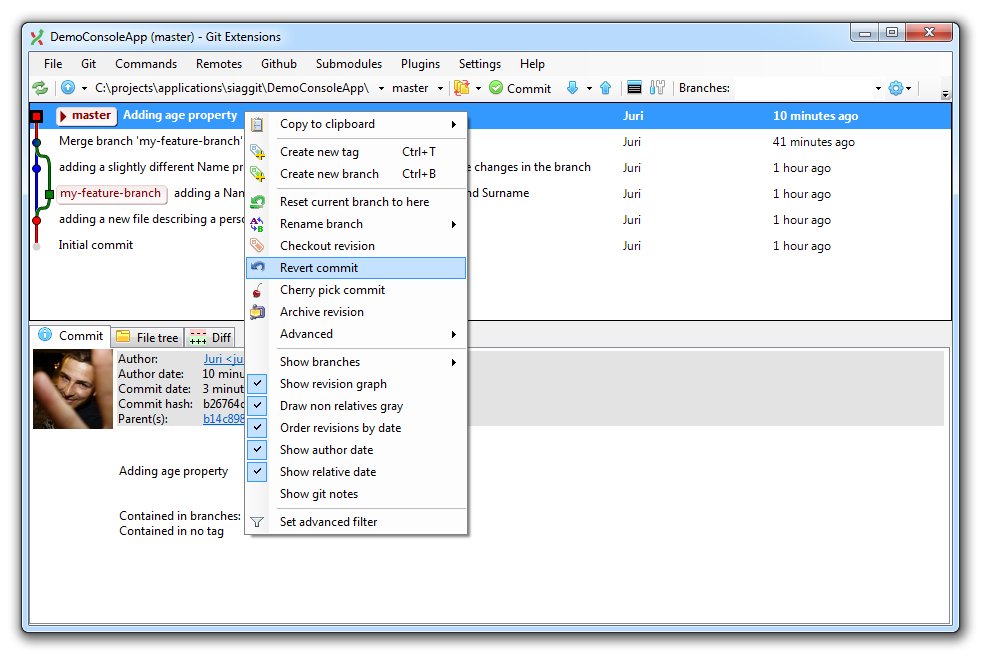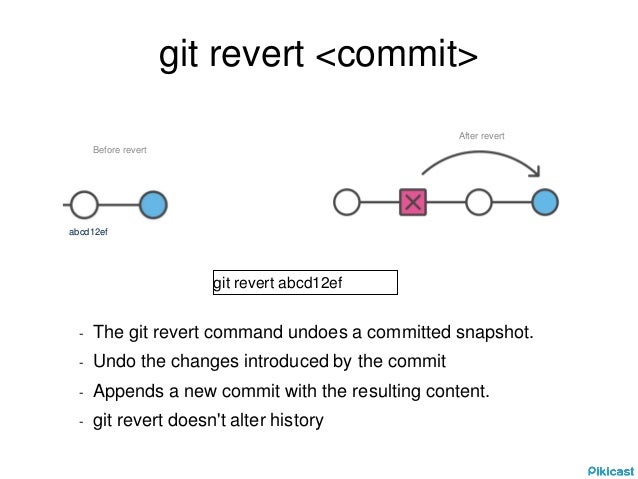

- #Remove all untracked files how to#
- #Remove all untracked files update#
- #Remove all untracked files code#
- #Remove all untracked files download#


You can handle untracked files from a Git branch using these methods:
#Remove all untracked files download#
… git pull is the more aggressive alternative it will download the remote content for the active local branch and immediately execute git merge to create a merge commit for the new remote content. The git fetch command downloads commits, files, and refs from a remote repository into your local repo. How do I force a git pull?įirst of all, try the standard way: git reset HEAD –hard # To remove all not committed changes! git clean -fd # To remove all untracked (non-git) files and folders! Then pull it again. The for loop will delete all tracked files which are changed in the local repo, so git pull will work without any problems. At that point, you can apply your stashed changes, or discard them. Look at git stash to put all of your local changes into a “stash file” and revert to the last commit. … As you edit files, Git sees them as modified, because you’ve changed them since your last commit. Untracked files are everything else - any files in your working directory that were not in your last snapshot and are not in your staging area.

You can also clean Git interactively by using: git clean -i To check if there are still unstaged files in your working tree, run the following command: git status To remove only ignored files without including other files, this time, change the lower case "x" to an upper-case "X": git clean -fX gitignore, you can use the command below to clean items listed in the. To remove files only without deleting folders, use: git clean -fĪlthough the above methods don't remove files listed in. To remove these files and directories, run: git clean -d -f The command returns all untracked folders and files that Git will remove from your working tree.
#Remove all untracked files code#
To do that, run the code below: git clean -d -n
#Remove all untracked files how to#
How to Clean Git and Remove Untracked Files or Foldersīefore removing untracked files, you should double-check to ensure that you want to delete them. Let's see the various ways you can clean Git to delete untracked files or folders below. gitignore won't be affected by the clean-up, not if you decide to include them.Ĭleaning Git is as easy as deleting a Git branch locally or remotely. Otherwise, if you still think you need some of them locally, you can add them to the. You can delete these files by cleaning your Git working tree. Consequently, these untracked files still lurk around your working tree, and when you run git status, Git returns them as untracked files. These can be unimportant or leftover files that you temporarily used or those that surface one way or another after merging or pushing some changes. However, new files that you add to your project after staging your commit don't get tracked.
#Remove all untracked files update#
When you stage an update for commit, new files also get staged with them, and Git adds them to tracked files. A mere update you make to pre-existing files that you've committed already doesn't remove them from tracked files.


 0 kommentar(er)
0 kommentar(er)
